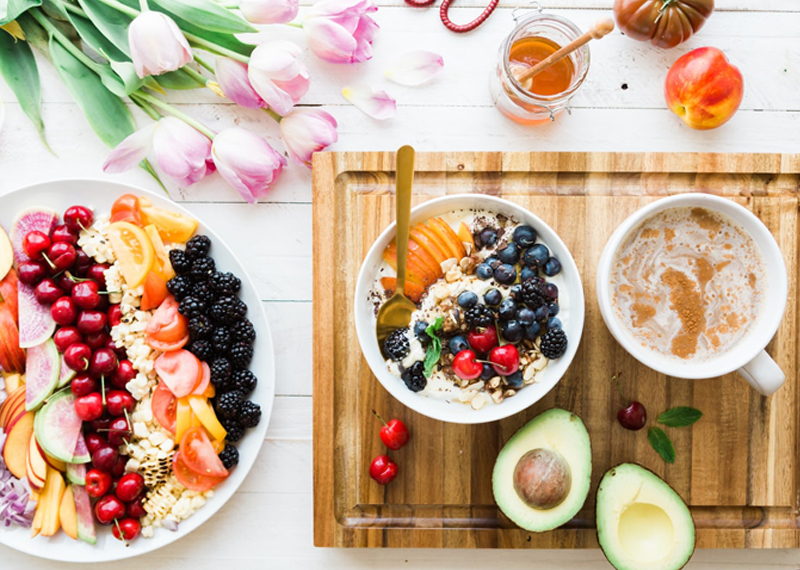Discover the difference between a probiotic and a prebiotic, as well as why you need both.
The type of food you eat will affect you general health. Or, to put it another way, you are what you feed your gut’s trillions of microscopic organisms. probioticseverything.com
Your gut lining, like every other surface in your body, is covered in microscopic critters, most of which are bacteria. The microbiome is a micro-ecosystem made up of these species. Though we aren’t aware of it, it has a significant impact on your health and can even affect your mood and conduct. probioticseverything.com
What you feed your microbiome, not unexpectedly, may have the greatest impact on its health. And the healthier it is, the healthier you are. The key to a healthy microbiome is to maintain a balance among your gut’s almost 1,000 distinct bacteria types. probioticseverything.com
There are two ways to maintain this balance: assisting the existing microbes in their growth by providing them with foods they enjoy (prebiotics) and directly adding living germs to your system (probiotics). probioticseverything.com
Prebiotics
Prebiotics are plant fibers that have been modified to act as prebiotics. They serve as fertilizers in the stomach, encouraging the growth of beneficial microorganisms.
Many fruits and vegetables include prebiotics, especially those that contain complex carbohydrates like fiber and resistant starch. Because these carbs can’t be digested by your body, they travel through your digestive system and become food for bacteria and other germs.
From asparagus to yams, the list of prebiotic foods is long. A fast internet search, as well as a visit with a trained nutritionist, will give dozens of instances. probioticseverything.com
Prebiotic pills now come in a variety of forms, but they all contain a complex carbohydrate like fiber. Supplement manufacturers target certain ailments, such as bone health and weight loss, by claiming that their components promote the growth of specific microorganisms.
Probiotics
Probiotics differ from other supplements in that they include living organisms, usually specific strains of bacteria, that contribute to the population of beneficial bacteria in your gut.
Probiotics, like prebiotics, can be consumed through food and supplements. Yogurt is probably the most popular food abundant in probiotics. probioticseverything.com
Yogurt is manufactured by fermenting milk with microorganisms that are then left in the finished product. Probiotics can also be found in bacteria-fermented foods like sauerkraut, kombucha, and kimchi. probioticseverything.com
Live organisms are also present in probiotic supplements. A single dosage may contain a single microbe strain or a mixture of microorganisms. Probiotic supplement companies, like prebiotic supplement companies, target specific ailments like irritable bowel syndrome. probioticseverything.com
A certified dietitian can assist you in navigating the prebiotic and probiotic food sources.
Remember this
One thing to keep in mind about supplements is that they come in a wide variety of forms. Lactobacillus is one type of bacterium that is often employed. However, lactobacillus has over 120 species, with at least a dozen of them being employed as probiotics. probioticseverything.com
Furthermore, there are several different types of bacteria, each with dozens of species, resulting in a bewildering array of probiotics to choose from. Even if you choose a specific type of bacteria, the amount in the supplement varies between brands.
When choosing a probiotic, consider the condition you want to address and choose a probiotic that addresses that condition. Keep in mind that, while a probiotic may show promise in treating a problem, the research is likely still in its early phases.
While the supplement may have helped a few people in a very constrained situation, it may not function as effectively in everyday situations. If you’re thinking about using a supplement, consult your doctor first.







